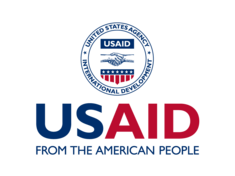We believe businesses can help us solve the world’s water problems. WWF helps governments, companies, investors, communities and others understand their water footprints and water-related risks. More importantly, we help our partners go beyond adopting water efficiency practices to becoming better water stewards. As water is the ultimate shared resource, it can only be managed sustainably if all water users in the river basin work together. Water stewardship requires collaboration with all levels of government, local communities, and other industries in a basin—sometimes even competitors—to ultimately change how water is governed and embed the value of nature into business planning. We challenge businesses to think differently about water and to help us accelerate stewardship efforts because it’s good for business, it’s good for people, and it’s good for nature.
WWF also seeks to move water stewardship forward at a global level. We lead and support numerous ground-breaking initiatives, including the Alliance for Water Stewardship's standard, United Nations-supported Principles for Responsible Investment (PRI)’s work with investors, engagement with business sector sustainability initiatives, scientific assessments of how implementing commodity standards can benefit water quality and quantity, and water footprinting and mapping tools such as the Water Risk Filter. As part of the White House Climate Data Initiative, WWF committed to expanding, maintaining and sharing our research in partnership with leading technology companies. Such resources will empower industry, financiers and policymakers to strengthen global water stewardship, food security and climate resiliency.
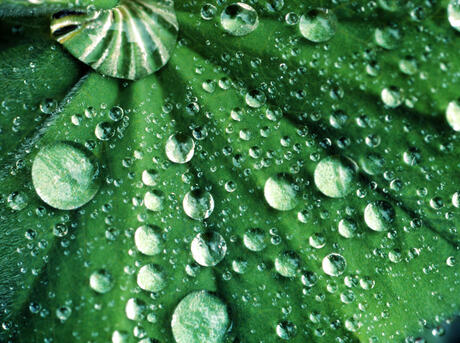
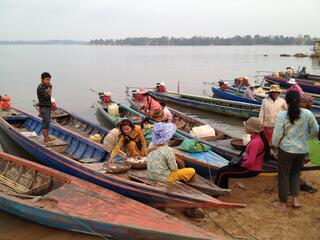
 Sustainability Works
Southwest’s Great River is Dying
Sustainability Works
Southwest’s Great River is Dying
 Sustainability Works
Join WWF at GreenBiz23
Sustainability Works
Join WWF at GreenBiz23
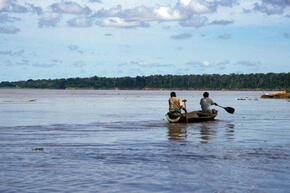
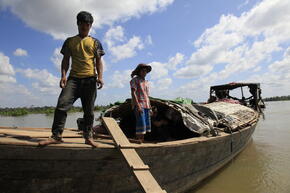
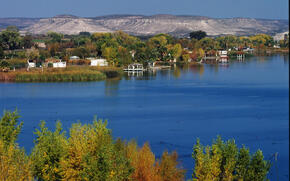
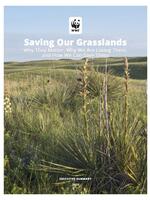
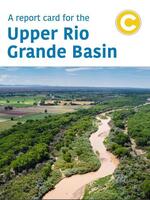

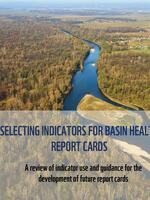
 Michele Thieme
Deputy Director, Freshwater
Michele Thieme
Deputy Director, Freshwater
 Ryan Bartlett
Director, Climate Risk Management & Resilience
Ryan Bartlett
Director, Climate Risk Management & Resilience
 Jeff Opperman
Global Freshwater Lead Scientist, Global Science
Jeff Opperman
Global Freshwater Lead Scientist, Global Science
 Sarah Davidson
Director of Water Policy
Sarah Davidson
Director of Water Policy
 Stephanie Cappa
Director, Policy and Government Affairs
Stephanie Cappa
Director, Policy and Government Affairs
 Evan Freund
Senior Director, Infrastructure and Large Initiatives, Freshwater
Evan Freund
Senior Director, Infrastructure and Large Initiatives, Freshwater
 Enrique Prunes
Rio Grande Manager and Freshwater Lead Specialist, Freshwater
Enrique Prunes
Rio Grande Manager and Freshwater Lead Specialist, Freshwater

